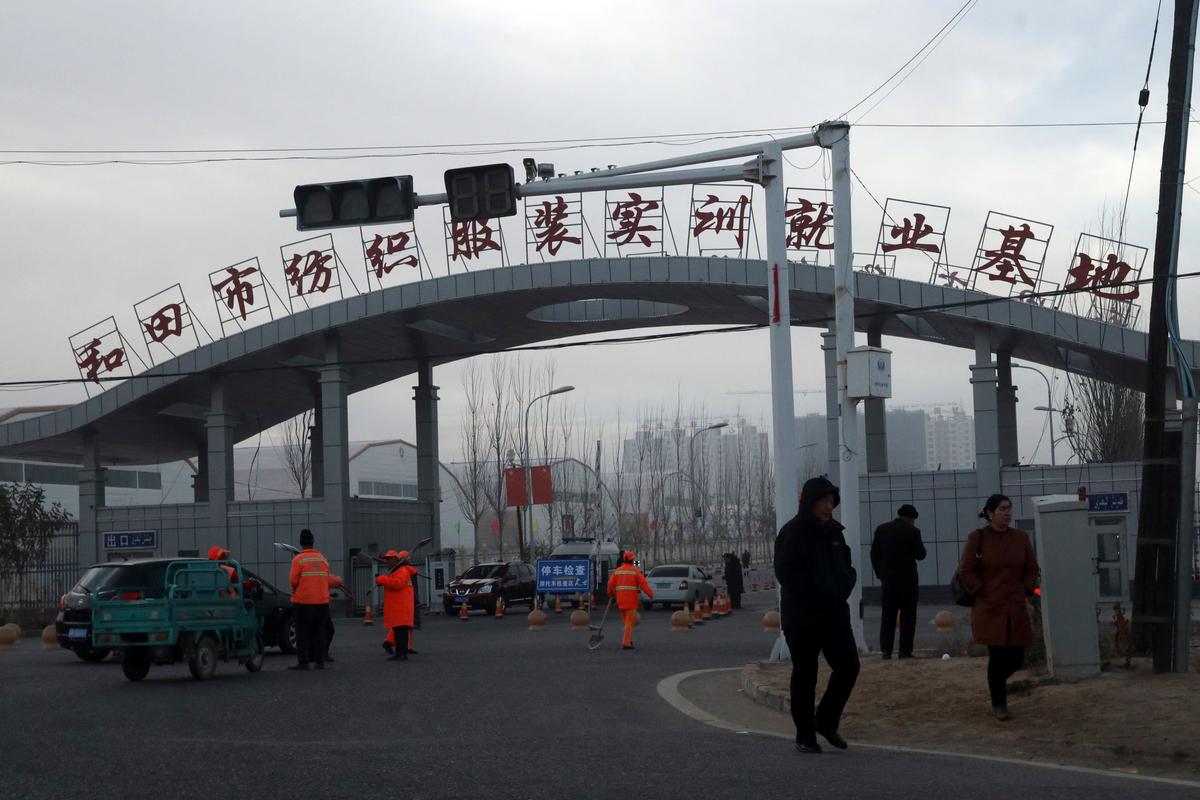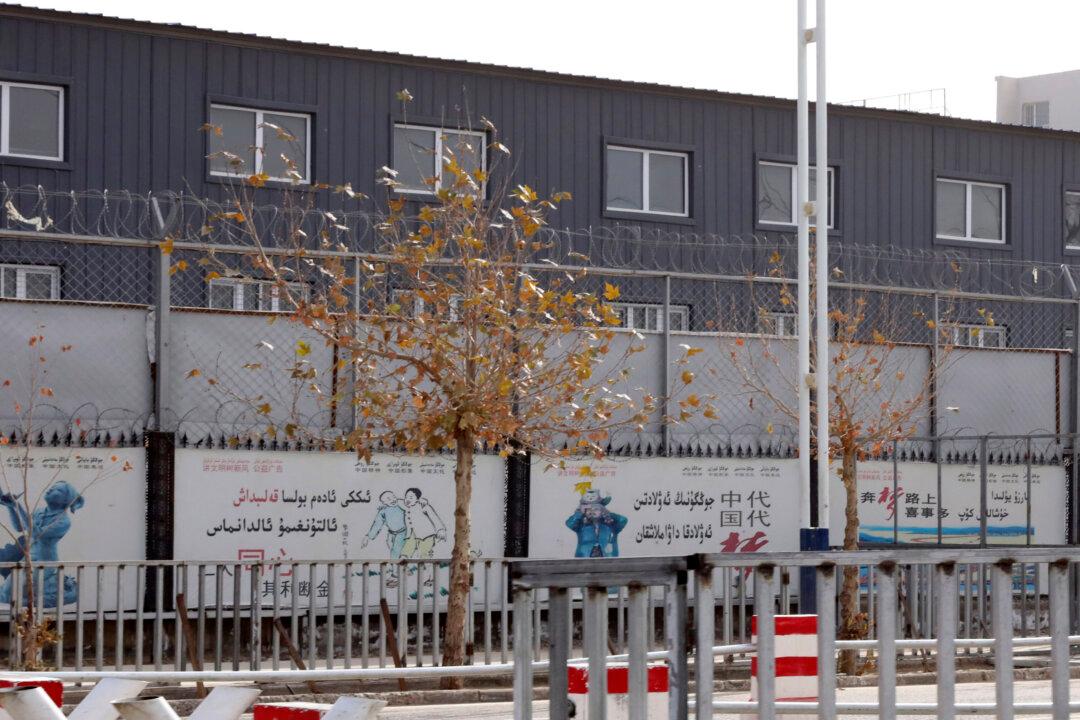The Trump Administration is blocking shipments from a Chinese company making baby pajamas sold at Costco warehouses, after the foreign manufacturer was accused of forcing ethnic minorities locked in an internment camp to sew clothes against their will.
U.S. Customs and Border Protection (CBP) on Oct. 1 slapped rare detention orders on goods imported from an unprecedented five countries in one day based on allegations that people producing those items might be children, or adults subjected to forced labor. The orders are used to hold shipping containers at the U.S. ports of entry until the agency can investigate the claims of wrongdoing.
CBP did not release information about the companies that were importing the goods covered by last week’s detention orders. But The Associated Press tracked items to several buyers, including Costco.
Acting CBP Commissioner Mark Morgan said the orders, the most issued in a single day, “shows that if we suspect a product is made using forced labor, we'll take that product off U.S. shelves.”

Costco Pajamas
One major case from last week involves China’s Hetian Taida Apparel, which AP reported last year was forcing Uygher Muslims and other ethnic minorities to sew clothes for U.S. importers inside a Chinese re-education camp.This was one of a growing number of internment camps in China’s far western Xinjiang region, where by some estimates 1 million Muslims are politically indoctrinated while detained and forced to give up their language and their religion. The Washington-based Worker Rights Consortium published further evidence this year that Hetian Taida was doing business both inside a camp, and at nearby state-subsidized factories where detainees are sent once they are released.
In response, Hetian Taida’s U.S. buyer Badger Sportswear, in Statesville, North Carolina, cut off imports and Hetian Taida stopped exporting to the United States, according to records published by ImportGenius, which tracks shipping activity around the world.
But last month, Costco Wholesale Corp. began importing baby pajamas made by the company. On Sept. 21 and again on Sept. 26, Hetian Taida sent shipping containers filled with 100 percent polyester blanket sleepers for babies and toddlers to the United States, labeled for Costco, according to shipping records.
In an interview with the AP, Costco officials said “we believe (the baby sleepers) were made in a factory other than the one that was the subject of the CBP detention order. As the facts develop, we’re prepared to consider what action we should take relative to the issue of a supplier to our supplier owning factories that may have problems.”
As of last weekend, the microfleece, zippered pajamas, sold under the label Absorba, were seen by an AP reporter on some Costco shelves in packs of two, for $14.99.
Scott Nova, executive director of Worker Rights Consortium, said he was shocked that Costco agreed to do business with a firm already associated with China’s re-education camps. “The Chinese government has created a human rights nightmare for the Uyghur people and Hetian Taida has been an active partner in Beijing’s brutality. The company’s use of forced labor is well documented and CBP is right to act,” said Nova.
Reached by phone on Oct. 7, Hetian Taida Chairman Wu Hongbo told the AP that the company will cooperate with U.S. Customs and provide the agency with any documents it needs. Wu declined to answer further questions and said he has chosen to reject all media interview requests.
Custom’s action last week is sending ripples globally, with exporters now on notice to improve labor conditions. Domestically, some U.S. importers were shaken to learn their products might have been made by people forced to work against their will or under threat of punishment. Human rights experts warn as many as 25 million people globally are victims of forced labor. In recent years, investigations by media organizations and advocacy groups have tracked products suspected of being made by forced labor as they travel from manufacturers, through brokers and dealers, into the hands of American consumers.
“CBP’s announcement is significant because of the unprecedented number of actions and for the message that it sends across corporate supply chains,” said labor advocates at Humanity United and Freedom Fund in a joint statement. “We know that myriad imported goods U.S. consumers enjoy every day—from clothing to electronics to chocolate, fruits and vegetables, and other foods—are likely tainted by forced labor in their supply chains. Making real progress to change this will require a concerted effort across and outside of government, including through strong enforcement of existing laws like this.”
Until recently, the detentions orders used to block the shipments last week would have been almost impossible.
Under the law, U.S. importers have 90 days to prove no forced labor was used to produce their products. If they can’t, they can either ship their products to another country or surrender them to Customs.





